Map Spam, Review Stars and Google Winning: Learnings from Local U Advanced 2019
October 4th, 2019 by
Local U Advanced, in Denver on September 19, 2019, was a great event. It was the biggest Local U Advanced yet and jam-packed with great learnings for the assembled marketers.
Local U has a few different formats for conferences. There are industry-specific conferences on demand, locally focused SMB conferences under the Local U banner and the flagship, Local U Advanced where the Local U faculty share advanced knowledge with in-house and agency marketers.
I would be remiss if I didn’t start this post with the biggest bombshell of the day:
Sterling Sky is buying Local U.
For those that don’t know, Local U is a collaborative started around a decade ago.
At formation, the ownership group included Mike Blumenthal, David Mihm, Mary Bowling, Ed Reese, Matt McGee, Aaron Weiche, Mike Ramsey, and myself (Will Scott). In the time since, we’ve had a number of guest faculty and a good number of steady contributors, including Joel Headley, Joy Hawkins, Darren Shaw, Cindy Krum, Carrie Hill, and Greg Gifford.
With personal priorities and conflicts, the full-time faculty (a.k.a. owners) have had varying levels of commitment but have always brought knowledge from their respective professional areas.
Special recognition is due to Carrie Hill for her more recent role as chief cat herder.
There was too much knowledge dropped to share it all, but I’ll share a few of the takeaways I found most actionable.
We Have Been Wrong All This Time about < Title > Length
Joel Headley, a former Googler, now works with PatientPop, an online marketing platform for physicians. At PatientPop, Joel has access to thousands of websites on which he can test theories about ranking.
Let’s stipulate that the HTML title tag is one of the most important pieces of text on any web page. Feel free to disagree, but you’re wrong. For the longest time, SEOs have believed that to include any more text than is displayed in Google’s blue links was redundant and potentially harmful to ranking.
Through his testing, Joel shows unequivocally that this thinking is incorrect.
In his presentation, Joel demonstrates that it is absolutely possible to appear in searches for terms that are not displayed in Google’s desktop SERP (search engine results page). Additionally, and perhaps more interesting in the coming “mobile first” world, Joel shows us that including more information can be extremely helpful in mobile where more characters from the title tag are shown.
Why does the mobile thing matter? There is less real estate available on screen, so any additional space you can grab increases your prominence.
Google Is Eating Yelp’s Lunch (and Dinner and … ) in Review Volume
Mike’s presentation showed us that our wish is finally coming true. Yelp is becoming irrelevant.
Given Yelp’s historical reputation with small businesses I’m sure this will be well received. Yes, Google is often too big to care, but at least they’re not perceived as predatory and capricious in their application of their own rules. Mike shares in his presentation a number of interesting facts about reviews then and now:
- Consumer trust in reviews is leveling off over the last few years.
- After increasing from 2014-17, the number of people who leave reviews appears to be leveling off as well.
- Consumers don’t believe in perfection. A 5 star business is less trusted.
- The magic number appears to be 4 – 4.5 stars for highest trust (and revenue).
- There are a lot fewer review sites being used today.
Yelp has historically had the greatest depth in restaurants and hospitality. Even in this area of historical strength, it appears Google is not just winning but crushing Yelp.
Mike recently wrote about Yelp’s real-world impact on the GatherUp blog.
You Probably Aren’t Taking Full Advantage of GMB (Google My Business)
David presents some pretty amazing data. The team at ThriveHive created a GMB grader that provides them with great insight into a variety of businesses and their adoption of GMB services.
David presents so much data it’s hard to pull highlights, but I’ll try.
It appears that Q&A is not getting significant traction with business managers.
As you can see, 91% of questions are going unanswered. Imagine if the proprietor of a business you were standing in just ignored your questions. It is absolutely critical for businesses to discover and engage with this feature.
A great strategy that’s often talked about is seeding your Q&A. As a business manager, if you know there are common customer questions, you really ought to take advantage of your knowledge and have some friendly users ask a few of them so that you can provide an answer.
There is a bunch of junk in Q&A from folks who want to answer but can’t quite add value.
David’s data also shows us that for many of the searches where GMB data is prominent, the searcher doesn’t necessarily have a business in mind. In other words, GMB is where discover searches are happening.
And finally, reinforcing the importance of GMB as discovery search, David shares data from Rand Fishkin’s SparkToro which demonstrates the scarily high number of no-click searches. If searches are getting their final answer from the Google SERP it is critical that data reflects your business accurately.
It’s time, folks. No more hoping it’s just a fad, we’ll need to integrate GMB into our marketing plans.
Yes, Reviews Schema Is Dead, but It Probably Doesn’t Matter
Marketers get really excited over small advantages—incremental gains. And historically, the data shows that those schema driven review stars in the SERPs do drive a higher click-through-rate.
But guess what. They’re gone. Say goodbye. Will they come back? Who knows. If Google determines that users are suffering without them, perhaps. But, given they take attention away from the Google owned features, they’re probably not coming back.
Mike B. says it best. If you want to have great reviews, don’t suck. Sucking is not a marketing issue. It’s an operations issue.
Aaron points out that the best reason for making it easier for clients to give you reviews is to hear from them. If you are only asking for reviews to get five stars, you’re doing it wrong.
And, in regard to Schema, they’re the sprinkles on the donut. They’re a perk at best and perhaps even a distraction from what really matters—hearing the voice of your customers.
In line with hearing the voice of your customers, GatherUp has recently added a feature that allows you to see the words used alongside sentiment analysis. So you can view the difference between the words happy and unhappy clients use.
It’s a feature that’s early in its development, but you can see how it enables a bunch of good stuff. You get to know your customer even better, and you have an opportunity to sculpt the way you talk about your product. What if your team, your marketing, and everything else only used words that were associated with happy customers?
One of Aaron’s really important points is that reviews don’t fix anything. They give guidance to operations on how to fix things.
Cleaning Up Maps Spam Will Improve Your Ranking
I’ve heard Joy talk about this a few times, but what made this session really stick for me was her examples of how to really get rid of spam and junk listings.
As I’ve often said about duplicate content on the web, it’s not that you’re being penalized, per se, it’s that Google is confused. If you want good rankings, confusing Google is bad. It’s the same with junk and spam listings. Giving Google more data to choose from makes it more likely that the machines will choose the wrong data.
And, there’s a crapton of “fake” listings in maps.
A couple of really useful pieces of knowledge are:
- Google doesn’t want to show a residential address on maps. If you identify these as residential listings, they’ll be removed.
- Because of the way Google ingests data, there are lots of unverified listings with no address. Report that these businesses don’t exist, and they’ll be removed.
- If it’s really spam, like a lead-gen listing, report it, and it will be removed.
Imagine how much better your listings will look when 8 out of their 10 competitors for rankings are gone.
Want more info? Check out Joy’s Ultimate Guide to Fighting Spam.
Looking Forward to Local U, The Next Generation
Working with this team has been one of the highlights of my career, and I’m a little melancholy thinking about the end of an era. The Local U faculty are among my best friends in Local Search, as well as being great educators and business partners.
Joy is one of the smartest, hardest working folks in Local Search. She and her team at Sterling Sky are well respected and have a history of doing the right thing.
I’m excited to see how Local U evolves, and I look forward to my continued involvement, in whatever form it takes.
Do you have any thoughts on the Local U sale or the ideas presented above? Please share in the comments below.
Edited 10/7 to correct omission of Mike Ramsey from initial founders list.
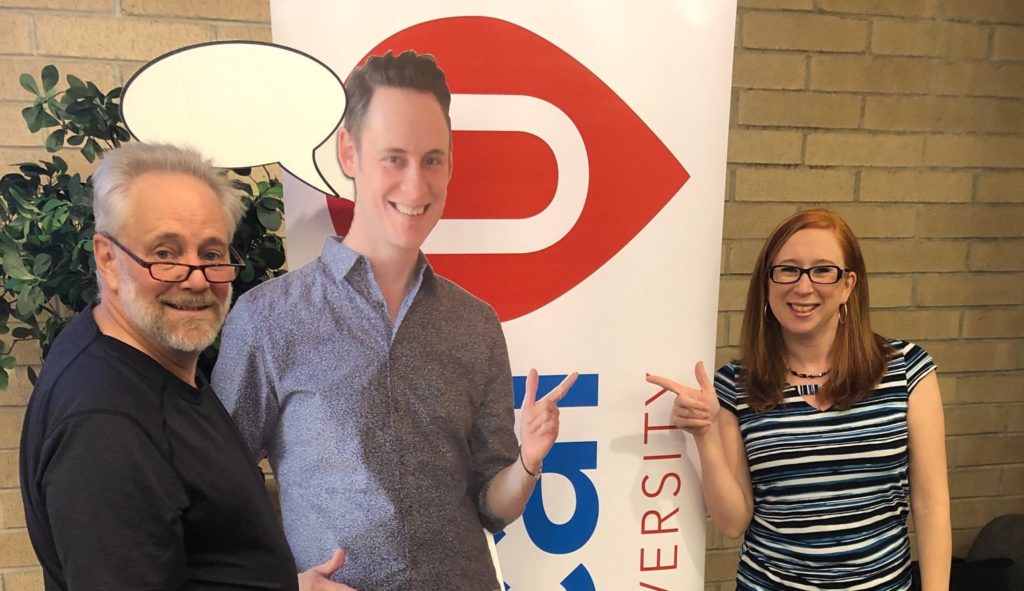
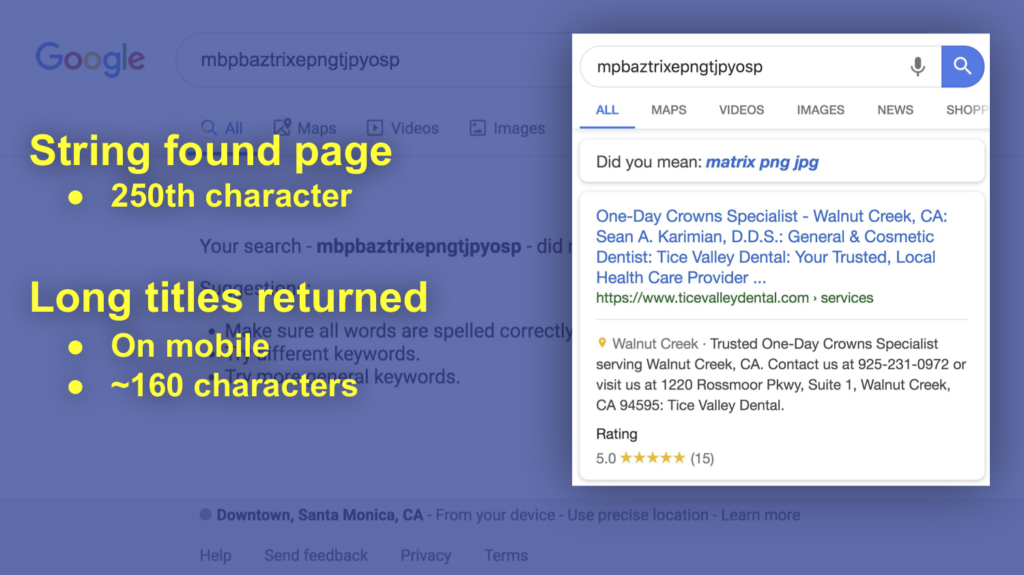
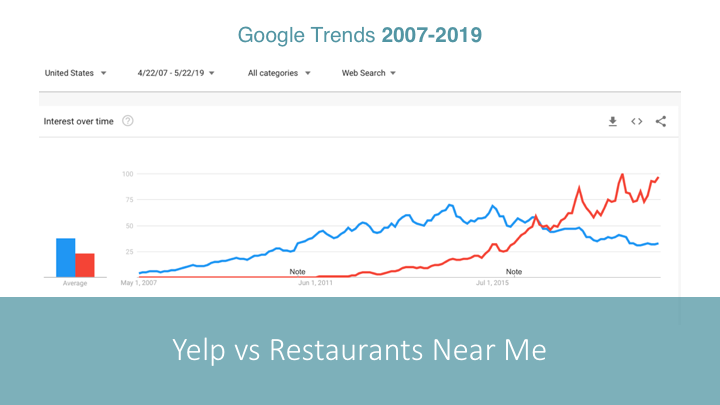
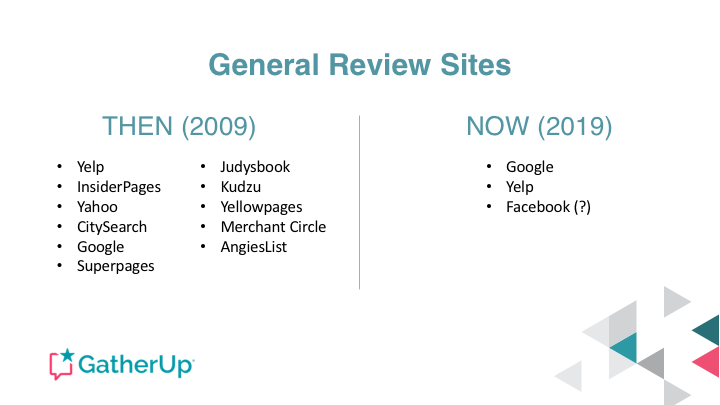
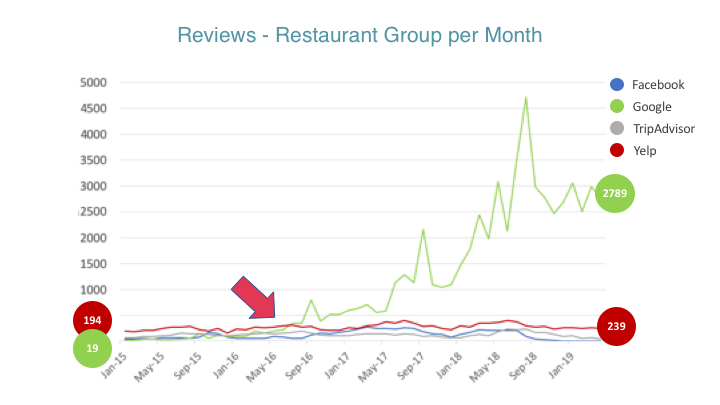
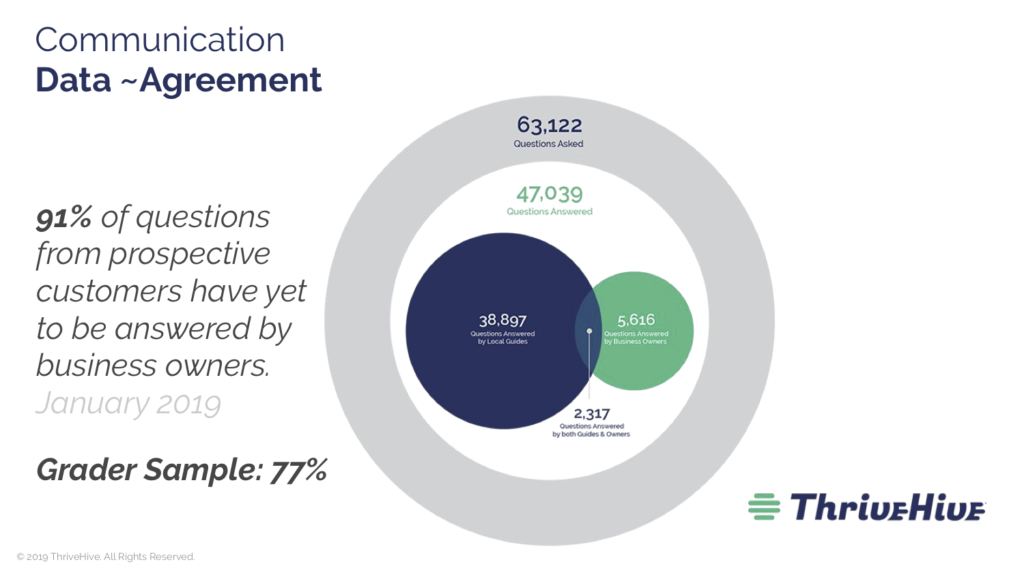
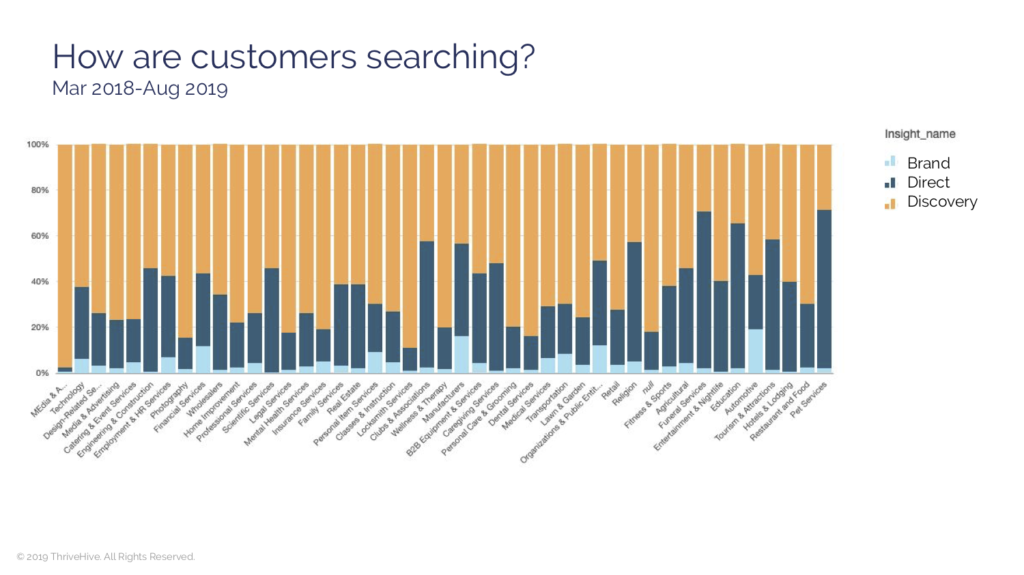
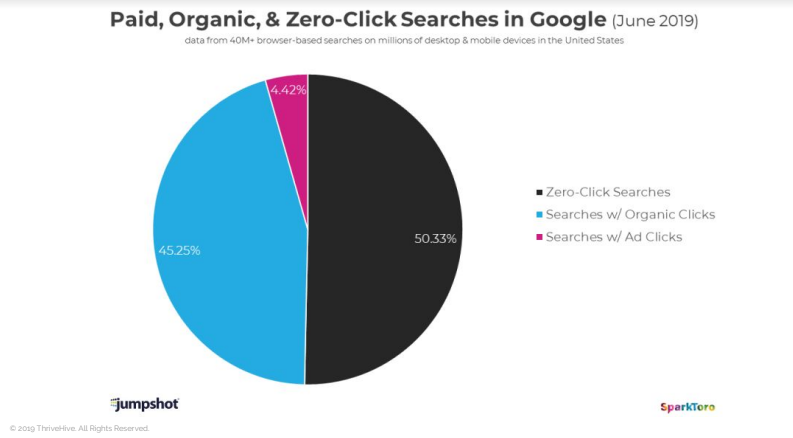


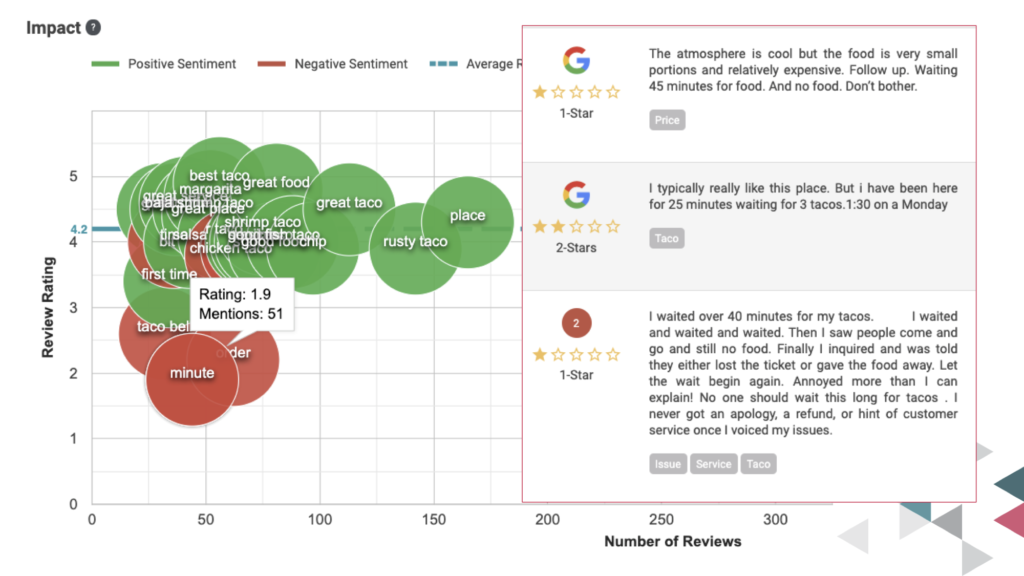
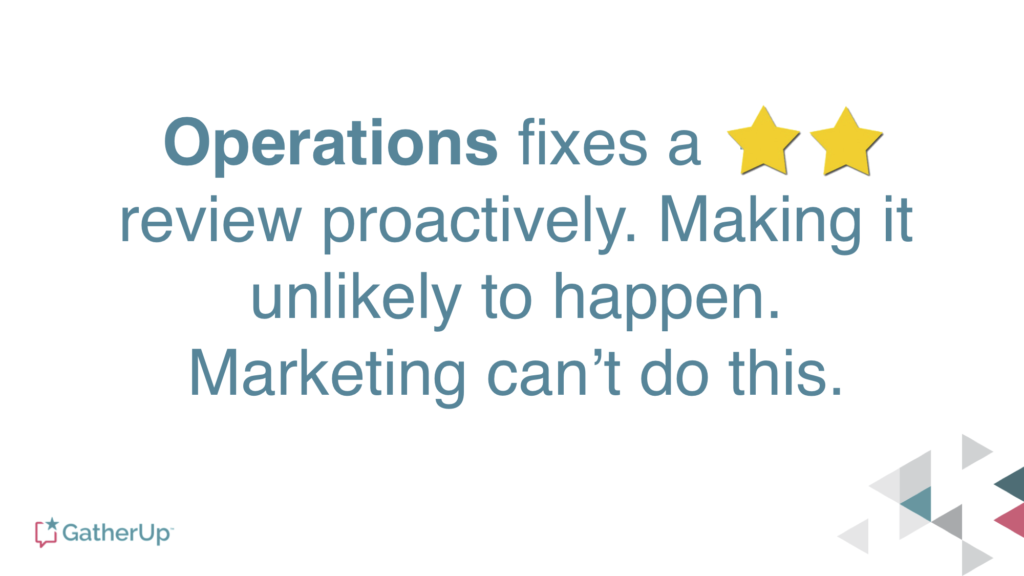
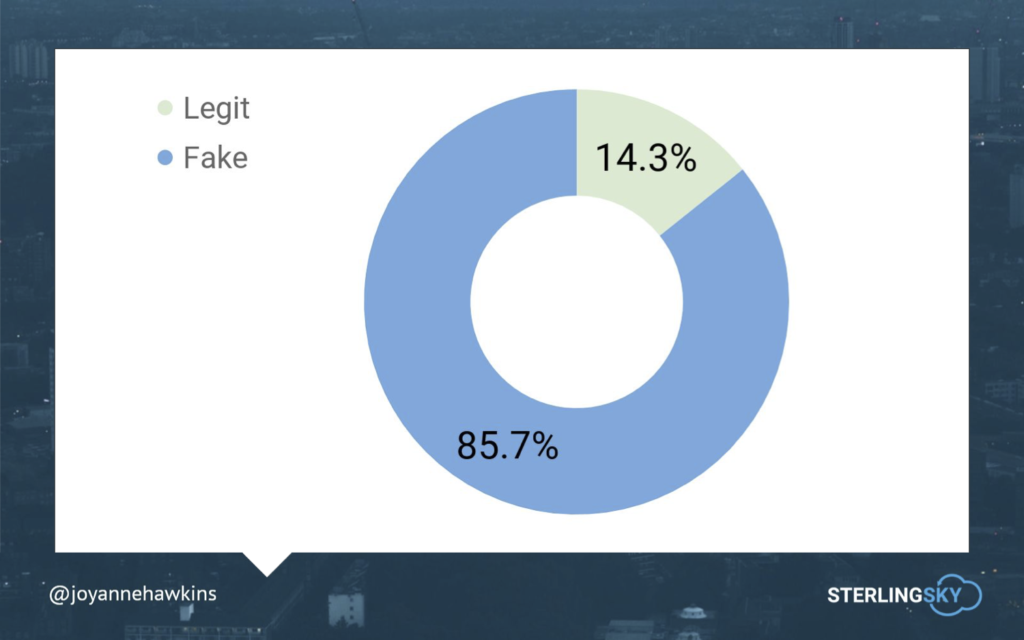

Thanks for the kind words Will and for putting together this write-up for people who weren’t able to attend the event. I’m really excited to have the honor of continuing this great organization 😁
Nice job distilling an overall excellent event into some of the juiciest takeaways, Will. (Other than leaving yourself out…) Great seeing and hanging with you.
Thanks, Peter! See you soon, I hope.
Wow, but who else better to take the reigns? Best of luck, Joy!
And thanks for the recap, Will — wish I could have been there! The only thing better than sprinkles on a donut is getting your favorite color of icing on your piece of a king cake 😉
Great insights, and Thank You. I do have a question about local spam, or, more particularly, duplicate listings.
The same restaurant here locally has 3 different maps locations, but only 1 true location. Now, we are in a rural setting where addresses are kind of an issue, but the actual address has been corrected on the true and verified maps listing but can’t get the others removed from Google.
Any advice? Direction? Thanks in advance…
Nice recap Will. This is just a handful of the useful take aways from Local U this year. Looking forward to attending a future event!
Hi guys,
cheers for the post.
I found this article via a Moz email.
Of particular interest is the graphic on “How are Customers Searching”
It’s not often I see photography as a category mentioned so thank you for adding it.
The results mirror my experience with GMB enquiries. For us the ‘discovery’ of our services have been all brand new and high converting opportunities.
Re GMB spam listing, there’s one small competitor who has possibly recently stuffed the business name with key words. And the address listed is for a whole 15 story building in Sydney CBD. Highly unlikely.
Any tips on what I can do about this possible misleading listing?
cheers
Orlando Sydney
Hi Will,
Thanks for sharing these figures, indeed useful read. Remarking title length stuff and operations vs marketing. It is pretty obvious, but the wording feels right to get clients into good shape by their internal processes. It is always easier to blame the marketeer than facing ugly truths.
As an early adopter of GoodRelations I personally like Schema, RDF and XML related matters. Sad to see reviews away, besides as expectable as Penguin.
Have a nice week!